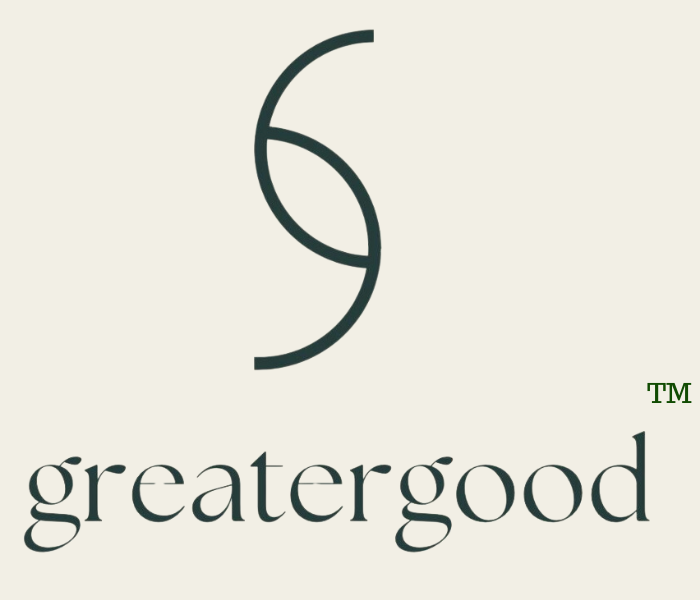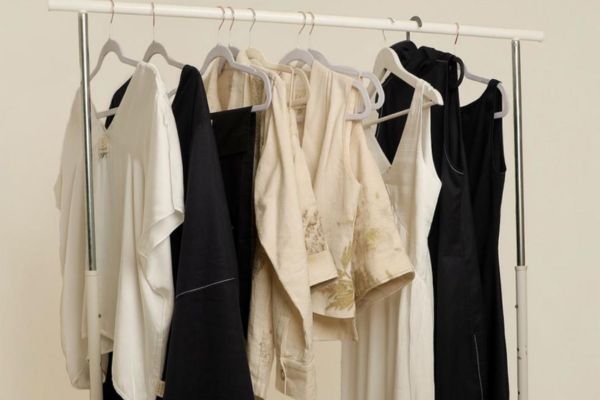In today’s world, where sustainability and ethical practices are gaining momentum, buying organic clothing has become more than just a trend—it’s a movement toward a healthier planet and better personal well-being. However, purchasing organic clothes online can be challenging if you’re unsure about what to look for. This guide will walk you through the key factors to consider when buying organic clothes online, especially from trusted sources like organic clothing manufacturers in India. We’ll help you understand the essentials, from fabric quality to certifications, and why organic clothing is worth the investment for both you and the environment.
Why Choose Organic Clothing?
Before diving into the specifics, let’s explore why organic clothing is a smart choice. Unlike conventional fabrics, organic fabrics are grown and processed without harmful chemicals, pesticides, or genetically modified organisms (GMOs). This not only reduces environmental impact but also results in healthier, non-toxic fabrics that are gentler on your skin.
Organic cotton, in particular, has become a popular choice due to its softness, breathability, and eco-friendly properties. Organic cotton fabric suppliers in India, such as Greatergood, are contributing to this sustainable fashion movement by providing high-quality, certified organic materials that are produced with respect for both the planet and its people.
What to Look for When Buying Organic Clothes Online?
When shopping for organic clothes, especially from online stores, keep these important factors in mind:
1. Check for Certifications
One of the best ways to ensure that you’re buying genuine organic clothing is to look for recognized certifications. Trusted certifications like the Global Organic Textile Standard (GOTS) and Organic Content Standard (OCS) guarantee that the fabric is organic and meets strict environmental and social criteria.
Key Tip: Many organic cotton fabric manufacturers in India, including Greatergood, offer certified products. Checking for these certifications on their website can reassure you that the clothing is genuinely organic and produced responsibly.
2. Understand the Fabric Composition
Not all organic clothing is 100% organic cotton. Sometimes, a blend of organic cotton with other sustainable fibers, such as hemp or bamboo, can enhance durability and comfort. Be sure to read the fabric details to know exactly what you’re getting.
Organic cotton is widely recognized for its softness and breathability, making it ideal for everyday wear. Reputable organic cotton fabric suppliers in India focus on producing high-quality, pure organic cotton, which is free from harmful chemicals and dyes.
Key Tip: When browsing online, check if the product descriptions specify the fabric composition, especially if you’re interested in clothing made from 100% organic cotton.
3. Research the Manufacturer’s Ethical Practices
Beyond fabric quality, ethical manufacturing is a key aspect of sustainable fashion. Many organic clothing manufacturers in India follow fair trade principles, which ensure that workers are paid fairly and work in safe conditions. This is particularly important in the fast-paced fashion industry, where exploitation can be common.
Choose brands and suppliers, like Greatergood, that prioritize transparency about their production process. Ethical practices go hand-in-hand with sustainable clothing, and supporting such brands helps create a positive impact on the industry.
4. Look for Organic Cotton Fabric Wholesale Options
If you’re planning to buy in bulk, especially for a business, consider organic cotton fabric wholesale in India. Many organic fabric suppliers in India offer wholesale options that allow you to access premium-quality organic cotton at a reasonable price. Wholesale buying is beneficial for small businesses looking to sell eco-friendly clothing or for individuals aiming to create their sustainable wardrobes.
Greatergood, for example, offers bulk purchases that make it easier for retailers or sustainable brands to obtain high-quality organic materials. This option is also ideal for those who want to customize their own sustainable clothing lines.
5. Prioritize Transparency and Brand Values
A trustworthy brand will be transparent about its sourcing and manufacturing practices. When buying organic clothes online, explore the brand’s values and mission statements. Reliable organic cotton fabric suppliers in India, like Greatergood, are often open about their commitment to sustainability, ethical practices, and environmental responsibility.
Look for brands that offer detailed information on their website regarding their fabric sourcing, certifications, and environmental initiatives. Transparency is a sign of authenticity in the sustainable fashion industry.
Why Buy from Organic Clothing Manufacturers in India?
India is one of the largest producers of organic cotton and is home to some of the most reputable organic clothing manufacturers in the world. Indian manufacturers are known for their high-quality fabrics, ethical practices, and commitment to environmental sustainability. Choosing organic cotton fabric suppliers in India supports local communities and traditional textile practices while ensuring you’re getting a genuinely eco-friendly product.
Greatergood, a leading name in the organic clothing sector, sources its fabrics from certified organic cotton fabric manufacturers in India. This not only guarantees that the fabrics meet international standards but also supports local economies, small-scale farmers, and artisans.
Transitioning to organic clothing is a powerful way to make a positive impact on both the environment and the people behind your clothes. When you buy from organic cotton fabric suppliers in India, you support ethical production, reduce pollution, and encourage the growth of sustainable fashion. Brands like Greatergood make it easier to make responsible choices by offering high-quality, certified organic clothing.
Buying organic clothes online can be a rewarding experience if you know what to look for. With a little research and an understanding of the factors mentioned in this guide, you can confidently choose sustainable, eco-friendly clothing options that align with your values. Let’s work together to make fashion a force for good by supporting brands and manufacturers that prioritize people, planet, and quality.

